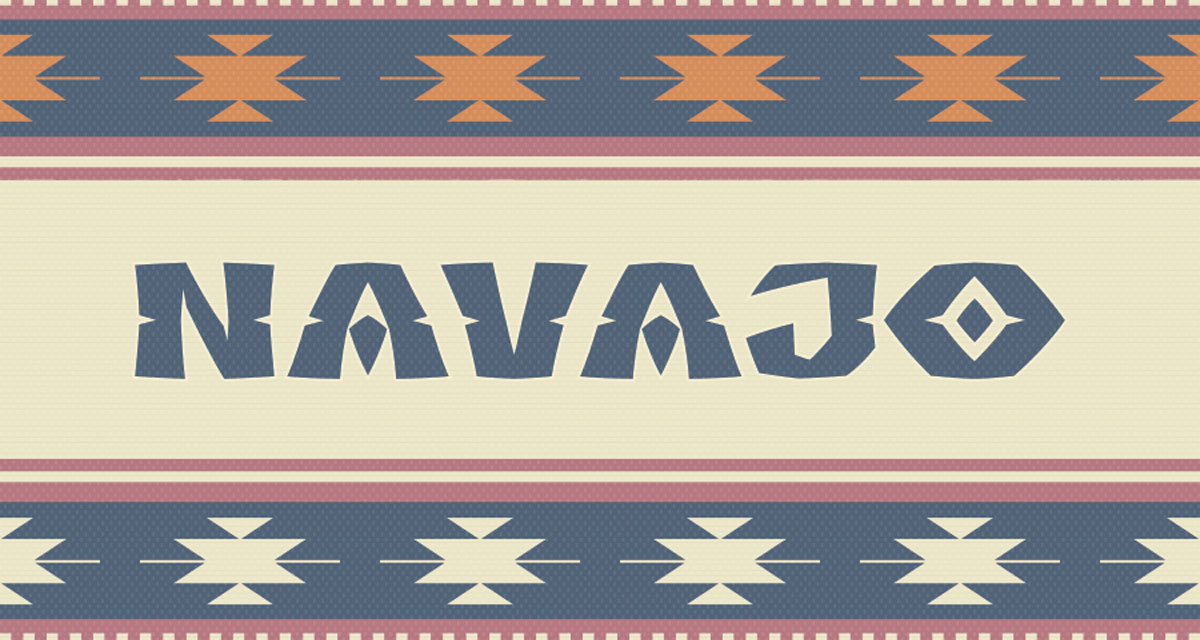August 14th is the date of many historic events. It is the day when Winston Churchill and Franklin D. Roosevelt signed the Atlantic Charter in 1941, the whiffle ball was invented in 1953, and the U.S. Embassy reopened in Havana, Cuba in 2015. The fourteenth of August also holds another historic meaning by being known as National Navajo Code Talkers’ Day. The Navajo code talkers were a group of Navajo Native American men employed by the Marines to create a complex and secret language to help with phrasing military words and tactics. The group would soon become known as the “inventors of the unbreakable code.” Today, they are mainly remembered for their contributions in World War II, but still little is known about their history.
The Navajo code talkers were born out of a need by the U.S. military during World Wars I and II. The military discovered they needed a quick and protected way to communicate to others in the military and keep their messages hidden from enemies. The Choctaw code talkers in World War I paved the way for the Navajo code talkers in World War II. During World War I, the Germans had broken every American code used up until the introduction into combat of the 142nd Infantry Regiment, 36th Division of the U.S. Army National Guard. The regiment included a company of Native Americans, particularly Choctaw Indians and members of the Cheyenne, Comanche, Cherokee, Osage, and Yankton Sioux tribes. Twenty-six different languages and dialects were spoken by the various tribes. Soon, the languages were used by 18 Choctaw soldiers to transmit messages to others. These messages were about troop movements and tactical plans and were unbreakable by German code breakers, leading to the group being renamed “code talkers.”
About 20 years later, the Marines and Army brought back the code talkers to help with communications in the European and Pacific theaters during World War II. Philip Johnston was a World War I veteran and son of a missionary working with the Navajo tribes. Johnston based his recommendation on the code talkers’ experience in World War I and the complexity of the Navajo language. In 1942, 29 Navajo soldiers started boot camp and then moved to Camp Pendleton in California to develop the Navajo code, dictionary, and words for military terms. After training, a code talker was sent to the Pacific theater to work with the Marines.
Throughout the war, the Navajo code talkers were praised for their precise skills and ability within the military. However, their work remained classified, leaving little room open for public recognition until 1968, when the work was declassified. In 1982, President Reagan gave the code talkers a Certificate of Recognition and named August 14th Navajo Code Talkers’ Day. Then, again, in 2000, President Clinton awarded the Congressional Gold Medal to the original World War II Navajo code talkers. Further honors came in 2001, 2002, 2008, and 2017. To this day, the dedication and commitment of the Navajo code talkers is celebrated and their story continues to be shared with future generations.
Fun Facts:
- Many Native American languages had never been written down until the code talkers.
- The Navajo language is complex and unidentifiable to anyone without any familiarity with it. There is no alphabet or symbols within the language.
- The code talkers took part in many important events and battles, including D-Day, the Battle of the Bulge, and the liberation of Paris. Major Howard Connor once stated, “Were it not for the Navajos, the Marines would never have taken Iwo Jima.” At the beginning of the battle of Iwo Jima, six code talkers worked for the first two days straight without a break. The six sent out over 800 messages without any errors.
- While basing their codes on their native languages, the group also developed words for military terms that never existed in their own language. For example, “colonel” became “silver eagle,” “fighter plane” became “hummingbird,” and “pyrotechnic” became “fancy fire.”
- In addition to the Pacific Theater in World War II, code talkers served in North Africa and Europe. After the end of World War II, some Native Americans continued to serve as code talkers during the Korean and Vietnam wars.























